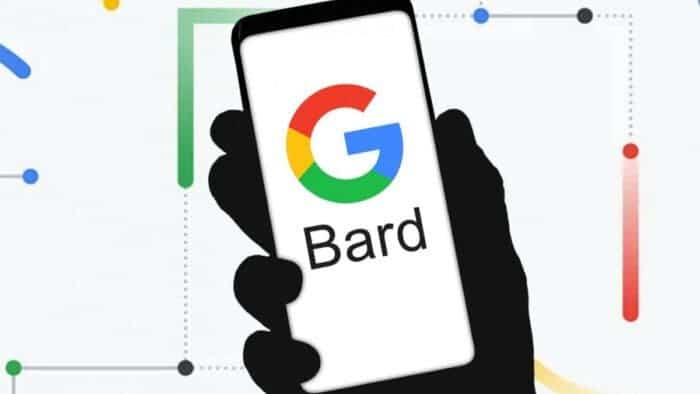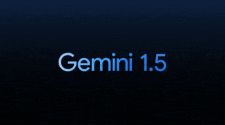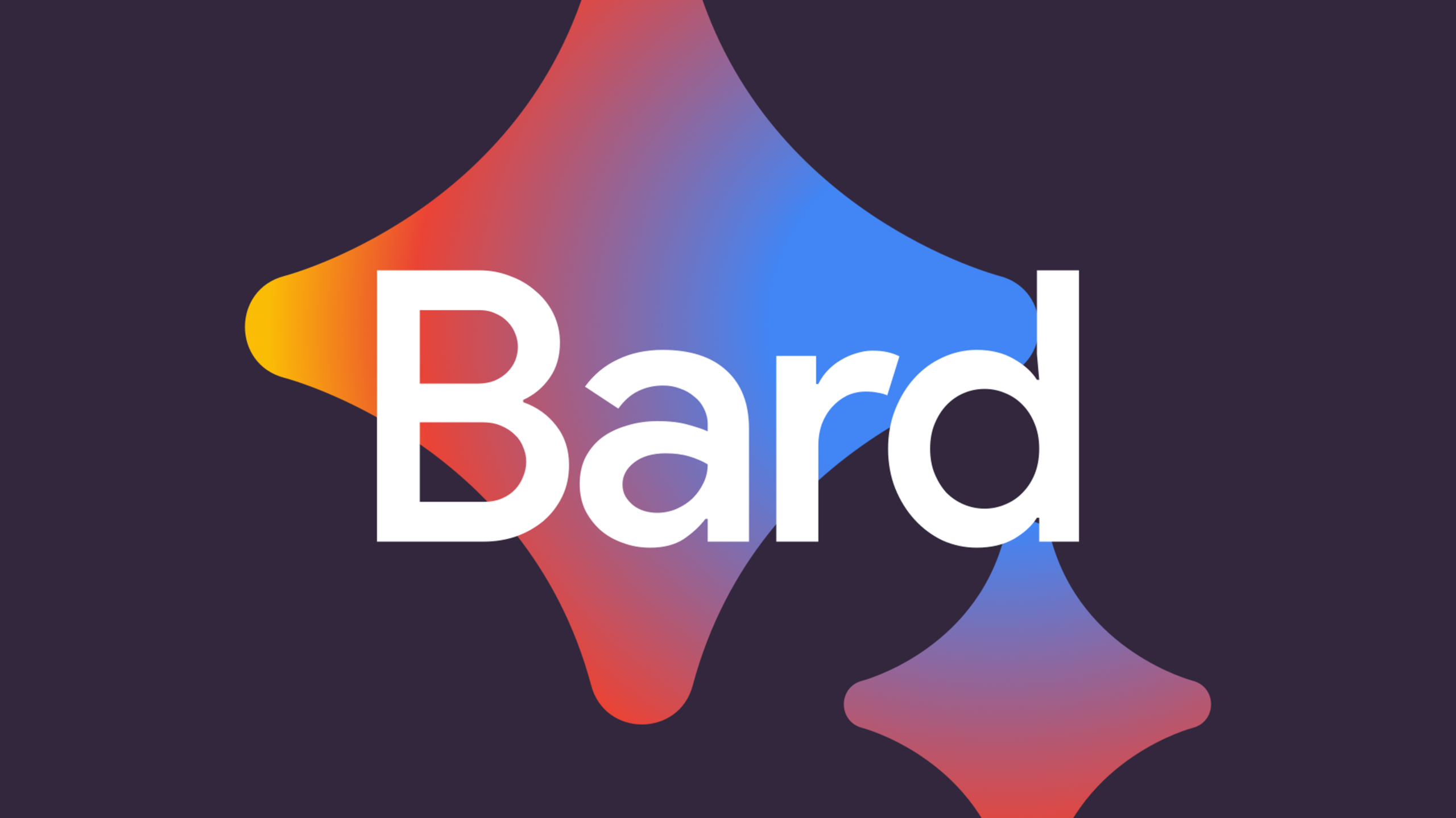Google introduced Bard, its experimental conversational AI service powered by LaMDA, in February. Initially, it was limited to select individuals and specific regions. But the company announced at the recent I/O 2023 event that Google is ending the waitlist restrictions for Bard. That means users from all across the world (technically) can try and test Bard. The plan now is to collaborate with a wider group of people to further develop the chatbot.
Google ends the waitlist for Bard
As Google lifts the waitlist, Bard is now available for users across 180+ countries in the English language. As part of its global expansion, Bard will now support Japanese and Korean, with plans to support 40 languages soon.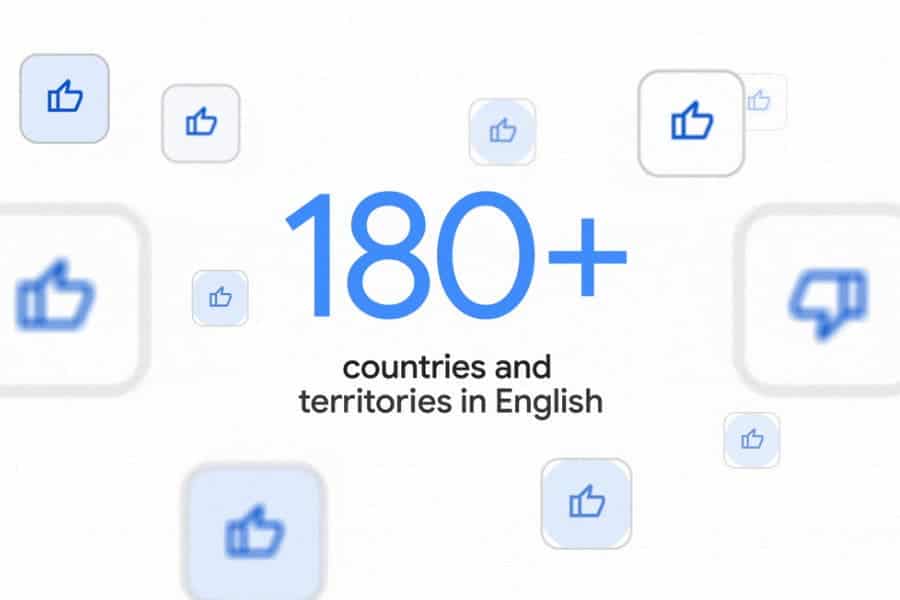
New features
Just a month ago, Bard gained the ability to assist users in programming and software tasks. During the I/O event, Google has now announced that starting next week, the AI service will enhance code citations by providing links that direct users to specific code blocks or quoted text. Additionally, the “Export” button will soon be extended from Google Colab to Replit, with an initial focus on Python integration. Likewise, you can now use Bard in Dark theme too.
Bard will be a Multimodal
One of the most interesting announcements by Google at the event is that the AI chatbot will be able to take image prompts soon. The feature will be powered by Google Lens. The platform will use its intelligence to identify objects in pictures. For example, users can submit a photo of their dogs and ask Bard to “write a funny caption about these two.”
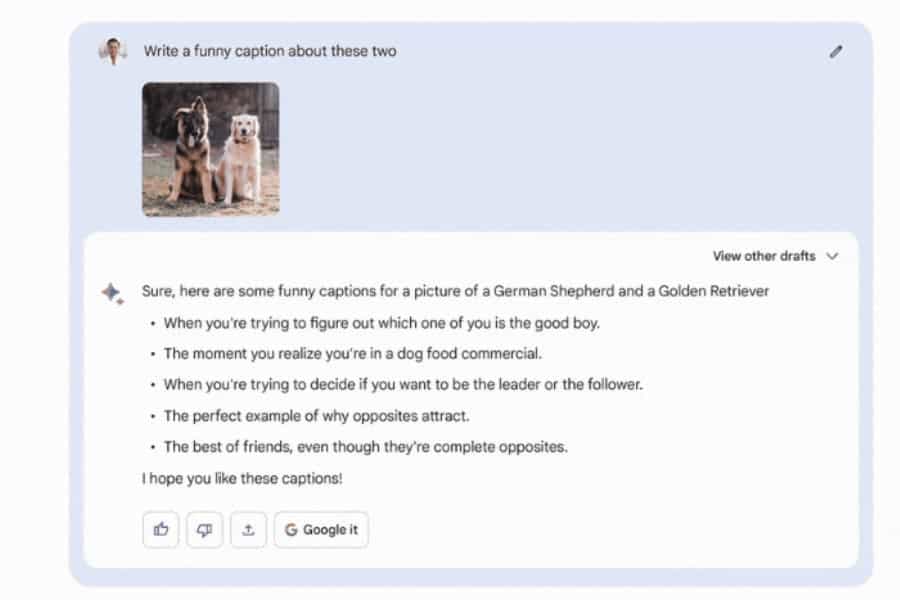
Bard will also be able to generate visuals using AI in the coming months. Google plans to integrate Adobe’s Firefly AI image generator into Bard for this. The company is also working on integrating Bard into Workspace tools like Gmail, Docs, Sheets, and Maps. With everything in place, users will be able to export Bard’s response directly to Docs or Gmail. Or can view the location directly on Maps.

